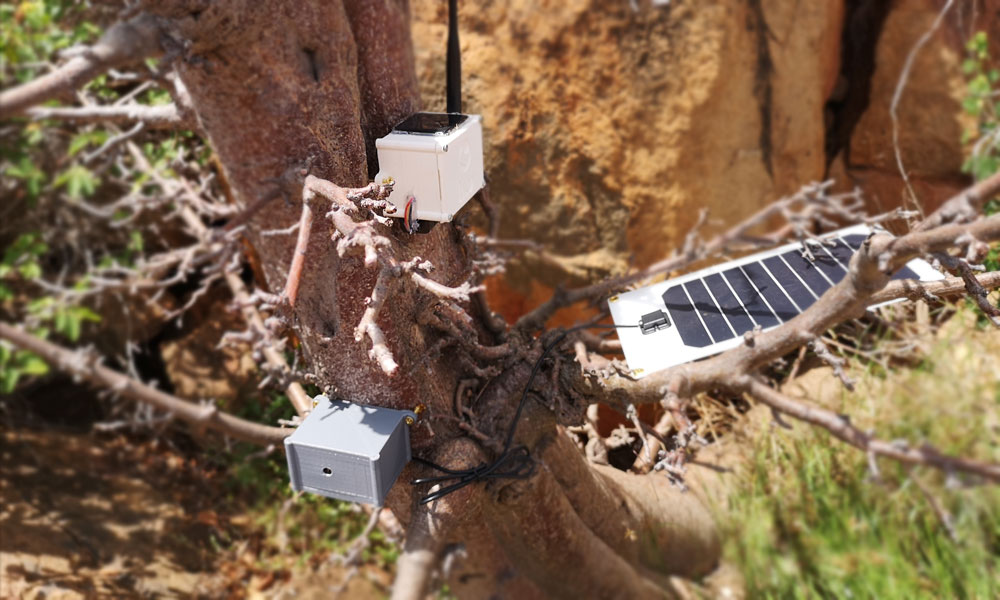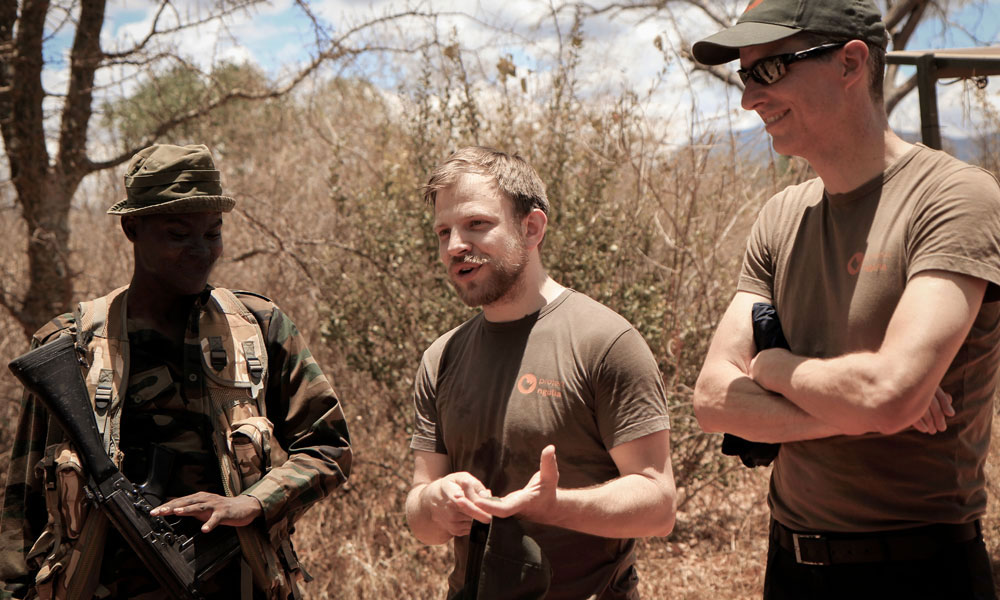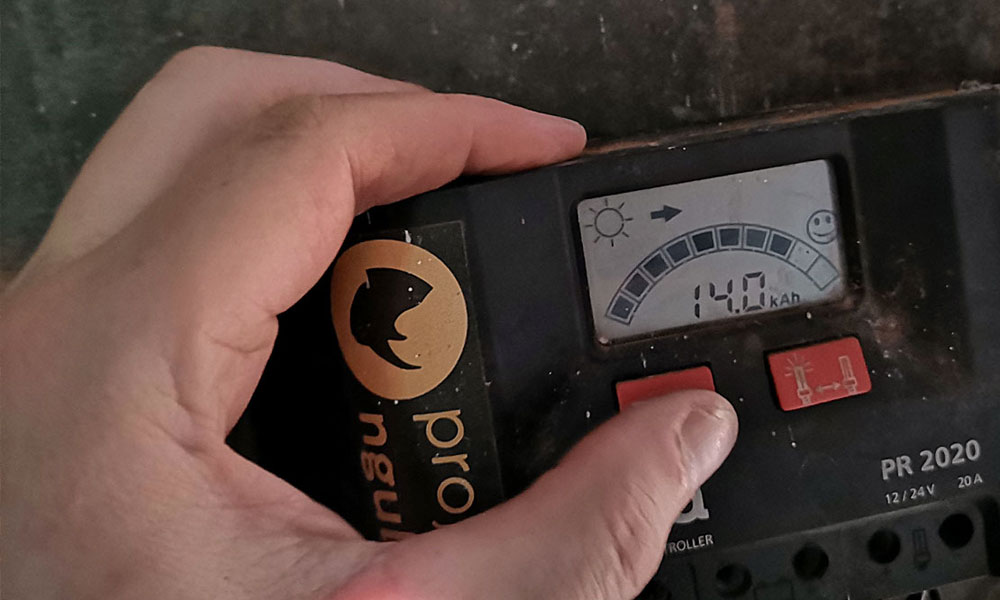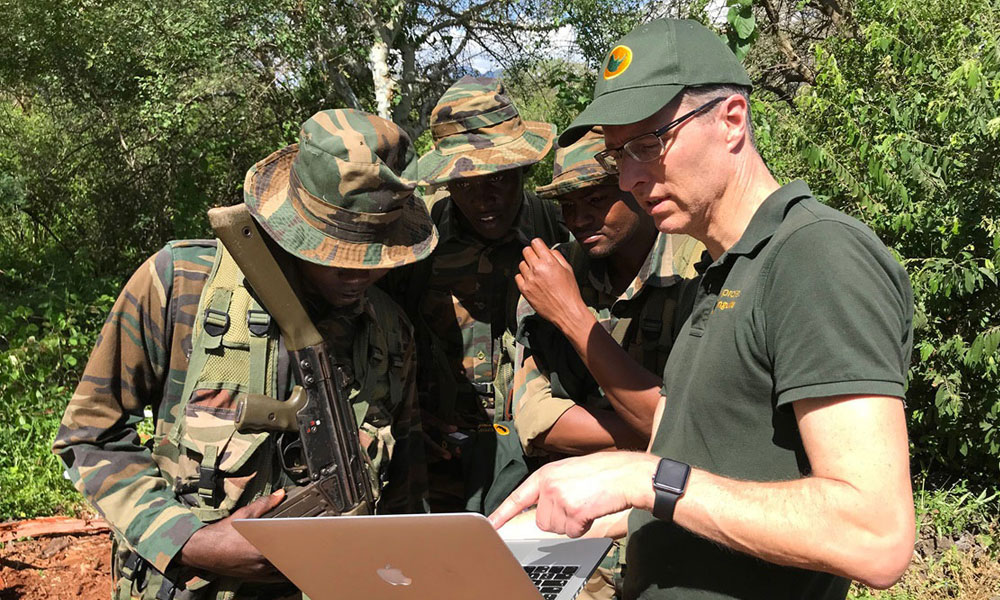Just a century ago, millions wild animals roamed the African savannahs. But in recent decades, more and more species have been decimated by poachers. One reason for the increased hunting is the lack of effective surveillance.
More than a third of the African continent consists of grassland. The areas are too large, the illegal game trade generates too much money and the guards’ salaries are too low. New, smarter solutions are needed to stop poaching.
That’s why Smart Savannah’s is developing world-leading technology that protects animals in Africa’s natural areas more effectively. We want to make the savannahs smart. We want to secure the future of the endangered species and the park rangers’ risky work.
But protection is not enough. Research shows that poverty and poaching are linked. By being involved in local school projects and community work, we also prevent crime through education and increased knowledge.
A smarter planet requires holistic solutions and a broader perspective.
How it started
Smart Savannahs (originally Project Ngulia) was founded in 2013 by the Stimson Center in Washington D.C., and was a collaboration with the Kenya Wildlife Service (KWS) and Linköping University (LiU). The project was launched in the Ngulia Rhino Sanctuary in southern Kenya with the aim of combating poaching of rhinos.
Before the project started, the guards had very little to oppose the poaching. At best, they had access to a car, night binoculars, rifles and a shortwave radio that could be easily tapped. Together with Linköping University, a feasibility study was carried out to investigate how we could make the park rangers’ everyday lives safer and easier.
The first step was to develop an app. With this, the park rangers could make continuous reports and provide the command center with important information about the animals’ condition and position. The inventions, which were based on advanced sensor technology, could then be developed into everything from intelligent cameras, thermal cameras, surveillance cameras, microphones and shot detectors. Today we can offer a complete solution that maximizes the rangers’ hard work and makes the parks safer for the animals.
Our mission
Starting as an initiative to protect the critically endangered black rhino, our ambition is to spread the technology to all of Kenya’s national parks and reserves. We also want to be able to apply the same methods and protection to other endangered species. As part of this, we have therefore broadened our operations to the exposed bongo antelope. In due course, we want the technology to be able to be applied to more endangered species, and in natural areas around the world.
Help preserve diversity
Visit us
Linköpings universitet
581 83 Linköping
Contact us
info@smartsavannahs.org





